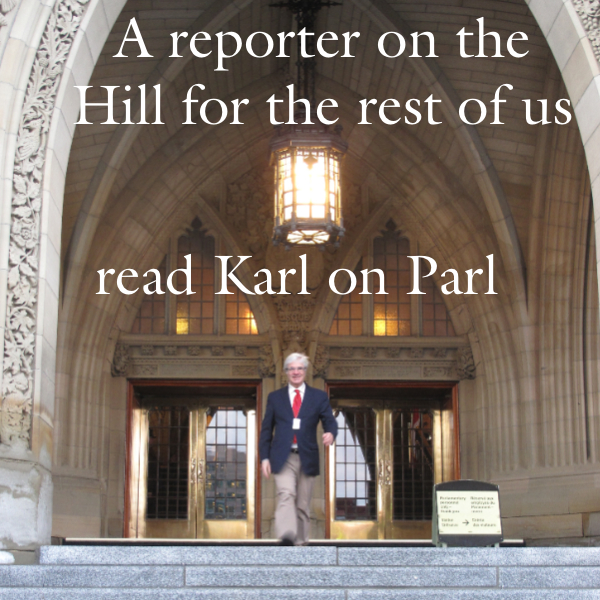Here is the partial text, in English, of Michael Zehaf-Bibeau’s statement, recorded on his cell phone shortly before he shot Corporal Nathan Cirillo, in Ottawa, on October 22, 2014, as provided by RCMP Commissioner Bob Paulson.
“To those who are involved and listen to this movie, this is in retaliation for Afghanistan and because Harper wants to send his troops to Iraq.
So we are retaliating, the Mujahedin of this world.
Canada is officially become one of our enemies by fighting and bombing us and creating a lot of terror in our countries and killing us and killing our innocents. So, just aiming to hit some soldiers, just to show that you’re not even safe in your own land, and you gotta be careful.
So, may Allah accept from us.
It is a disgrace you guys have forgotten God and have you let every indecency and things running your land. We don’t, we don’t go for this. We are good people, righteous people, believers of God and believing his law and his Prophets, peace be upon them all.
That is my message to all of you in this, Inshallah, we’ll not cease until you guys decide to be a peaceful country and stay to your own and I, and stop going to other countries and stop occupying and killing the righteous of us who are trying to bring back religious law in our countries.”
Following presentation of the video, Commissioner Paulson answered questions from members of the House of Commons Public Safety Committee.
In answer to a question as to whether the RCMP believed Zehaf-Bibeau suffered from mental illness, Paulson said they did not believe so.
As to whether the RCMP considered Zehaf-Bibeau’s acts to be, legally speaking, ‘terrorism,’ Paulson’s answer, which he based on the shooter’s own characterization of his motives, was: “Yes.”
But when a Conservative MP asked about possible connections of Zehaf-Bibeau to known terrorist networks or organizations, all Paulson could tell the Committee was that Cirillo’s assassin called himself a “Mujahedin.” He could not say that the RCMP had uncovered any connections betwen Zehaf-Bibeau and known terrorist entities, in Canada or overseas.
Paulson told the MPs he could not say much more.
But he did say that the RCMP is now investigating all of Zehaf-Bibeau’s contacts. If any of those can be shown to have aided the October 22 shooter, Paulson said, they would likely be guilty of a terrorist offence.
In response to a question from the NDP’s Randall Garrison, Paulson also told the Committee that the RCMP has had to make a significant reassignment of resources in order to deal with what it perceives to be an increased terrorist threat.
He alluded specifically to the need to move 600 members of the RCMP staff — or, to be more accurate, 600 “full time equivalents” — to anti-terrorism activities from other duties, which include dealing with drugs-related crimes and gangs.
Paulson also said that had the RCMP apprehended Zehaf-Bibeau alive they almost certainly would have charged him with a terrorist crime, under current legislation.
In answer to a question from Garrison, Paulson agreed that existing laws appear to provide the police with adequate tools to deal with a case such as that of Zehaf-Bibeau.
The Commissioner did not comment one way or the other on the advisability, or need for, the sweeping new police and security agency powers proposed in the government’s Bill C-51.



